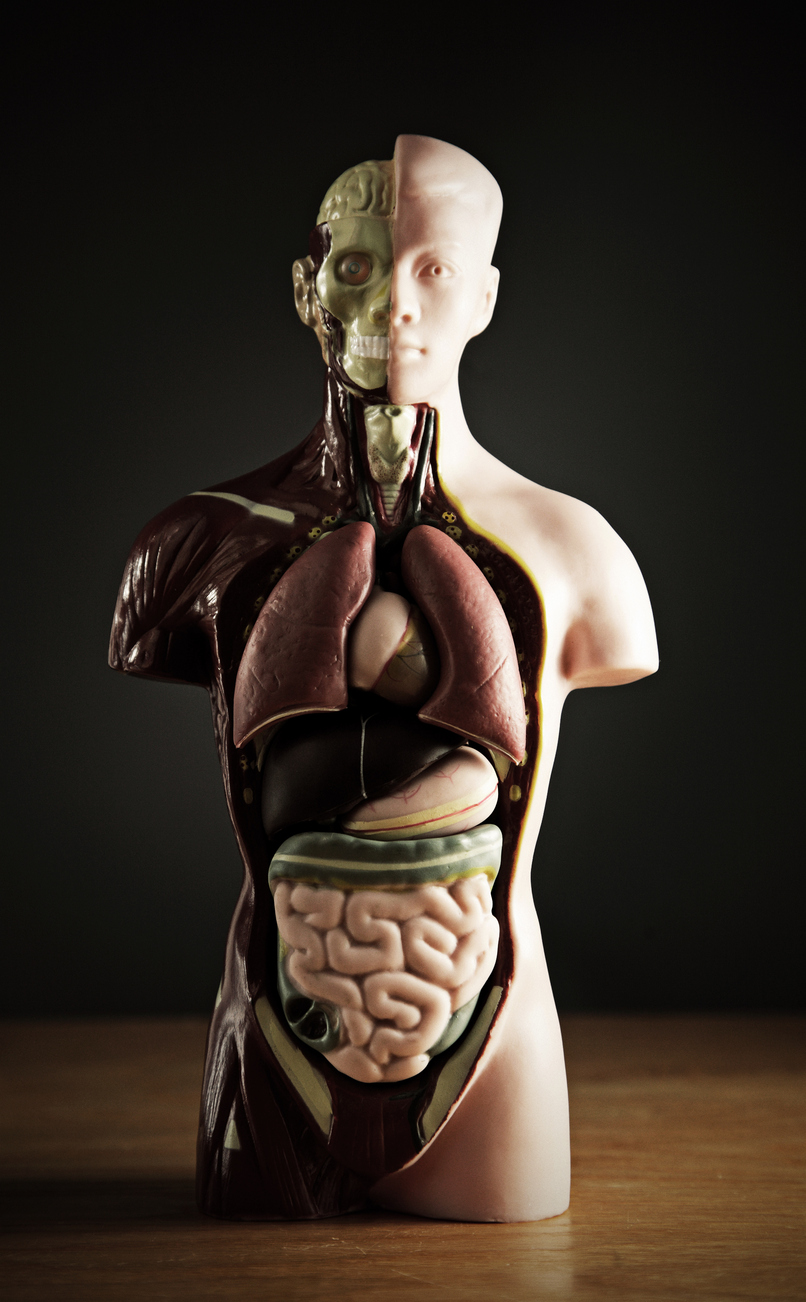
A lot more awareness about organ donation has been created throughout the UK in recent years. This is creating a lot of more open conversation within families that wouldn’t normally take place. Before a productive conversation about organ donation can be carried out, individuals need to know the basics and be informed about the pros and cons of organ donation.
Who can donate?
The first question that comes to the mind for many people, is whether they will be able to qualify for organ donation. The thing to keep in mind is that there are different types of organ donations. There are those where an organ is being donated to an organ recipient in need of it to sustain their life. This is for organ transplantation. Then another form of organ donation is for scientific res earch which is critically important for the future of medicine and science. Scientific research from organ donations, allows the scientists to discover a lot more about the specific organs.
earch which is critically important for the future of medicine and science. Scientific research from organ donations, allows the scientists to discover a lot more about the specific organs.
How many organs can be donated?
Many people are shocked to realize just how many lives can be saved through their organ donation. One donor that has healthy organs could save up to eight people. Those that opt for eye and tissue donation can save the sight or help improve the sight of 50 people. It is truly remarkable to know that one donation can make such a huge difference to so many lives.
What organs can be donated?
The organs that can be donated are the kidneys, a small portion of the bowel, pancreas, lungs and even the heart. Aside from organs, tissue donations of bone veins and tendons along with the valves of the heart and the eyes is also possible.
Living donations2>
Organ donors are usually deceased. However, there are opportunities to become a living donor. Commonly the most common organ that can be classed as a living donation is the kidney. However, there can also be donations of the lung as well as a section of the liver. A portion of the intestine as well as the pancreas can also be donated.
The age limit for organ donation
Ideally the donators of organs need to be in good health but age is not always the priority. Individuals in their 80s and 90s have been able to donate organs such as their liver or kidneys. Parents can also make the decision to donate organs from a child that is deceased.
These are just starter topics to start a conversation on transplantation. Anyone that has questions should seek out the answers in a diligent manner. It is really important to get factual answers and do not rely on misleading information.
